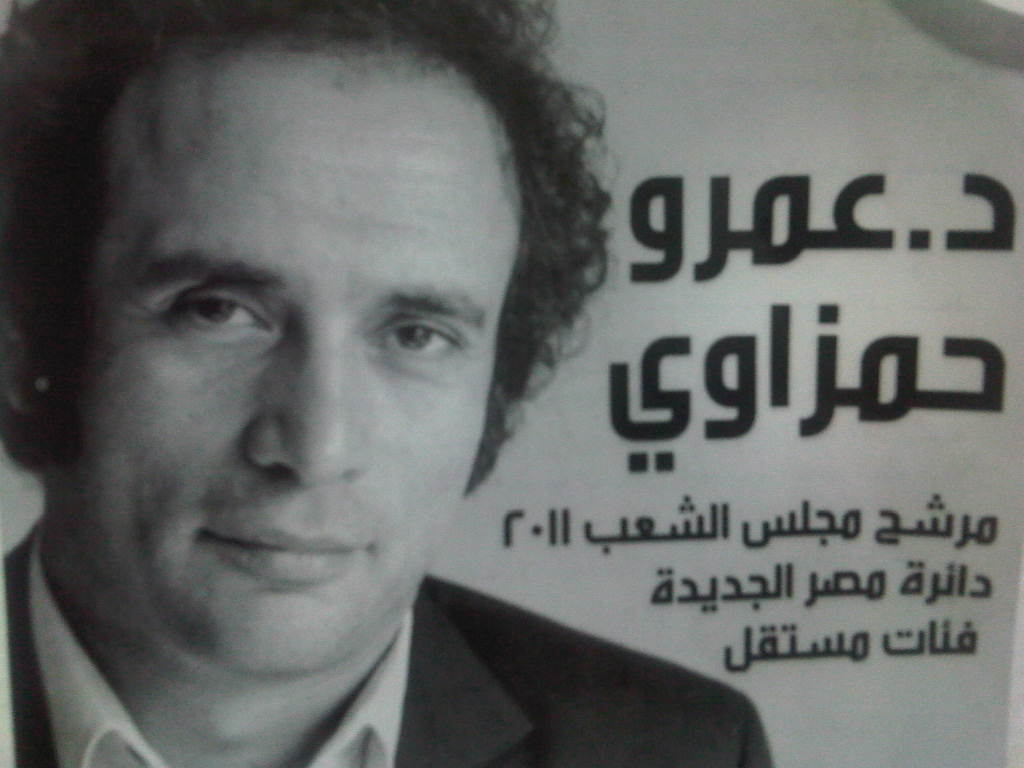It was not only the Muslim Brotherhood that was defeated on 30 June and exposed before the whole world. Although largely unnoticed, perhaps the defeat of Egyptian liberalism was more severe.
A political ideology is the core of politics. Without it, political conflict becomes more like a competition among sports clubs.
A political ideology is a perception of the world, society, the state, and the purpose of human existence. From the womb of a political ideology arise organizations that mobilize people to bring change.
Four political ideologies struggled in Egypt in the 1940s, namely nationalism, Islamism, communism, and liberalism. Egypt seemed like a cauldron boiling with ideas and dreams at that time.
In 1952, nationalism won over the other ideologies. Liberals were isolated, and communists and Islamists, largely represented by the Muslim Brotherhood, were imprisoned.
Nationalism prevailed and conquered the minds of the people. It was a suitable ideology for fighting colonialism. After independence, that ideology influenced all state institutions.
But nationalism received a severe blow in 1967 when Egypt was defeated in the war against Israel. And when Sadat visited Jerusalem and signed the peace treaty to bring back occupied Sinai to Egypt, he finished off what had remained of that ideology.
When Mubarak came to power, he decided to not adopt any ideology and simply just managed the country.
In January 2011, national and left-wing ideas moved the young generation with the slogan of “Bread, Freedom, and Social justice,” while liberals remained confused. Some tried to promote themselves as the ideal contrast to authoritarian rule, but it was easy to note from what was published in newspapers and broadcast on television that liberalism became the ideology of he who has no ideology.
Then, in a move resembling the story of Moses’ rod, Islamism swallowed all other ideologies. Sweeping all elections, this ideology proved that all other ideologies were fragile. It proved that the political elite were incapable of outlining a meaningful discourse that could resonate with the people.
The liberals left the battle against the religious mainstream to engage in a side battle against the army, the remnants of the National Democratic Party, and with Omar Suleiman. They thus lost their credibility with the public. They all of a sudden realized that the Muslim Brotherhood was in power, and that they would not be able to remove it through democratic means. And when they tried to challenge in a referendum the discriminatory constitution largely drafted by the Brotherhood, they failed again.
On 30 June, both the Brotherhood and the liberals fell. And as the essence of liberalism is transparent and free competition, the liberals’ recognition of what happened on 3 July was but a declaration of their inability to compete with the religious mainstream without the army’s help.
Again, a political ideology is the core of politics. It is not possible to defeat the religious current without a strong antithesis. The liberals failed to present one. It was the organs of the state, led by the army, that provided the antithesis.
It was a counter-ideology leaked to the Egyptians over the past year. It was a general and an abstract ideology that gained its overwhelming power from its timeliness. It was the idea of a state, with a twist of nationalistic sentiment. It was a simple idea that met the broad dreams of Egyptians to have an independent state ruled by a statesman. People liked this idea when they saw that all other ideas had failed.
Despite the fact that the vice president is a liberal, the floods of 30 June and 26 July have swept both liberalism and political Islam away. And it was normal for an alternative idea to fill the vacuum brought about by the fall of the Muslim Brotherhood.
What we will experience for a while is an amalgamation of traditional nationalism, a version of nationalism in which the West is demonized, and a left-wing trend that objects to a free-market economy.
Edited translation from Al-Masry Al-Youm
Gamal Aboul Hassan is an Egyptian writer and book author.

